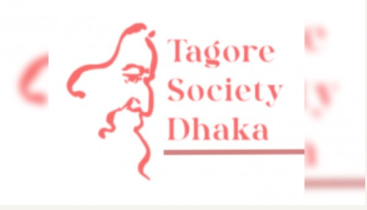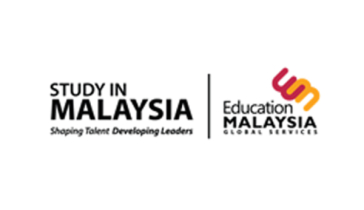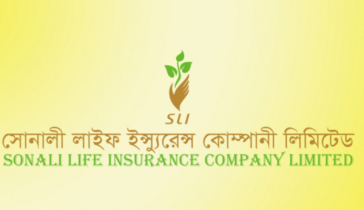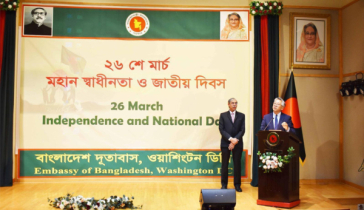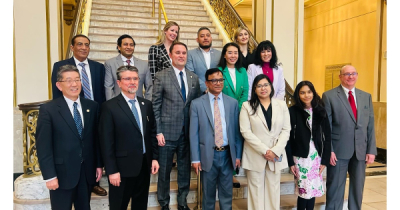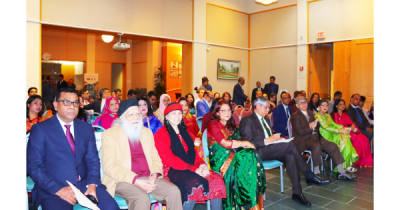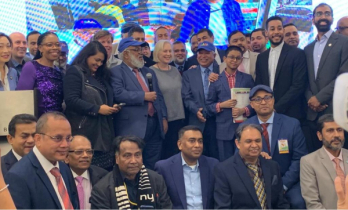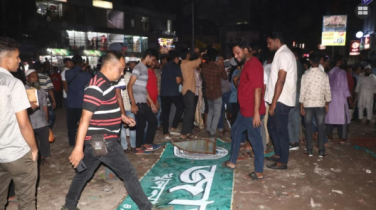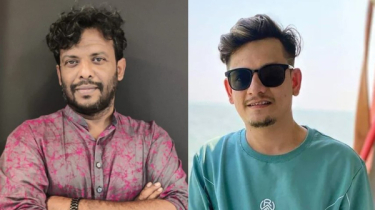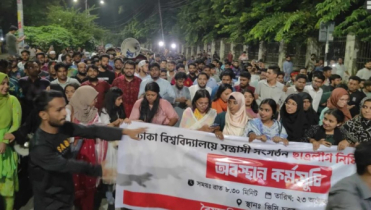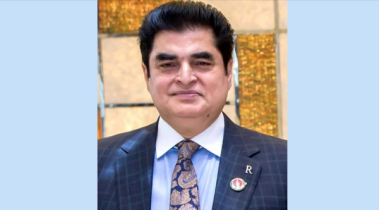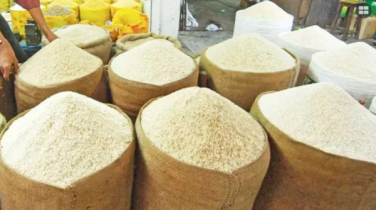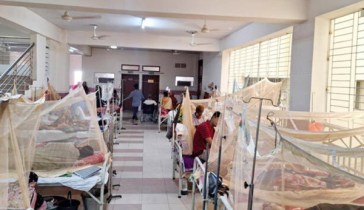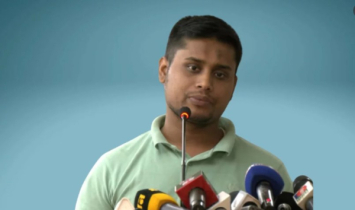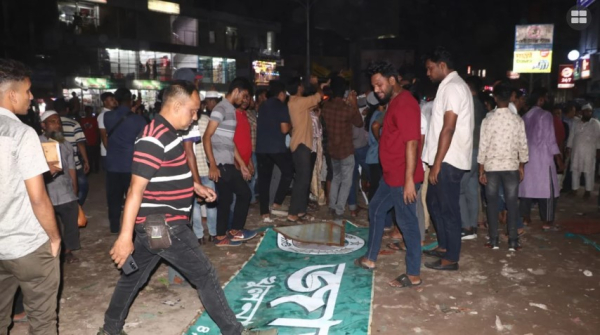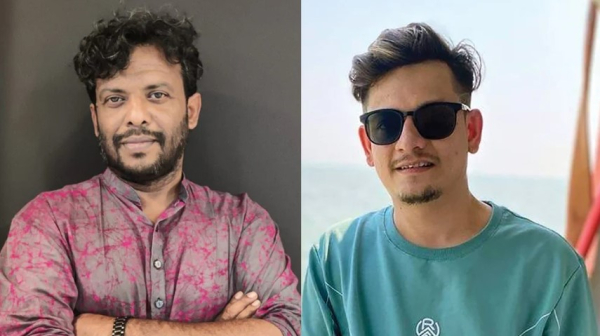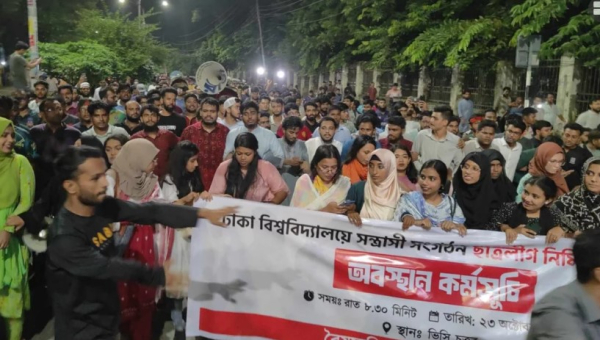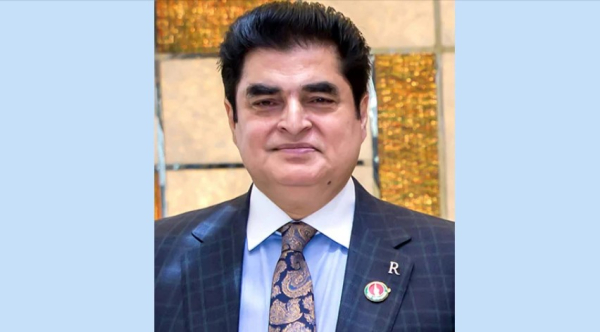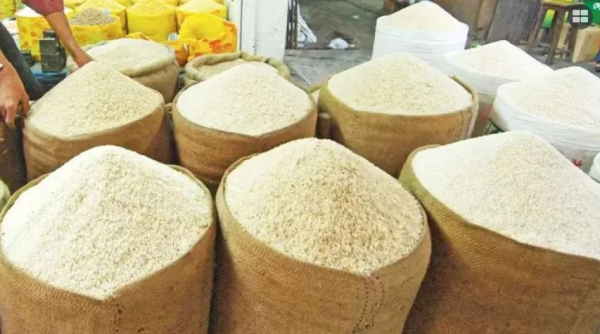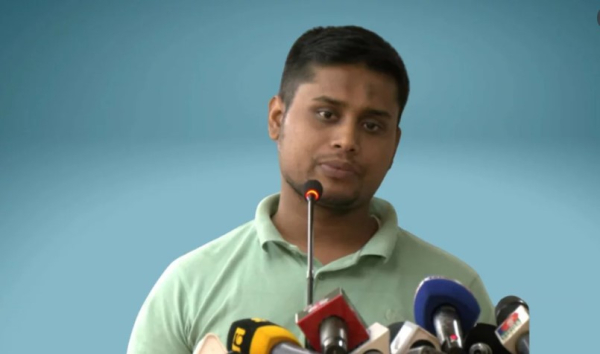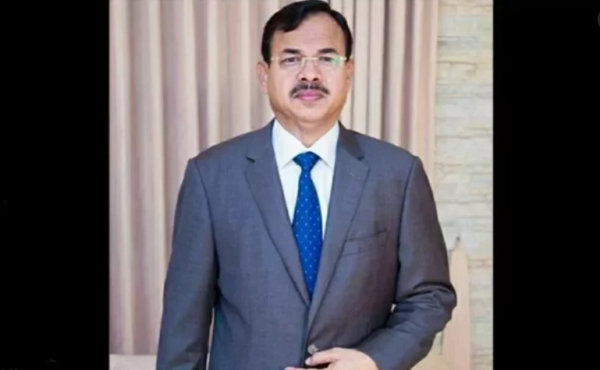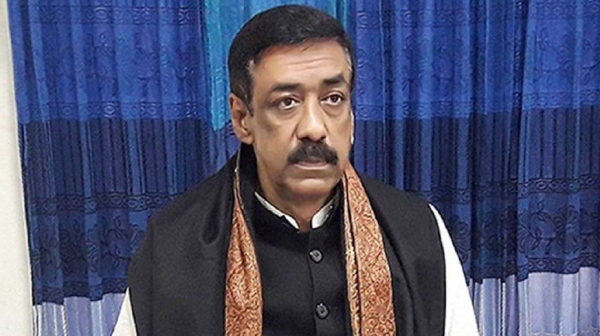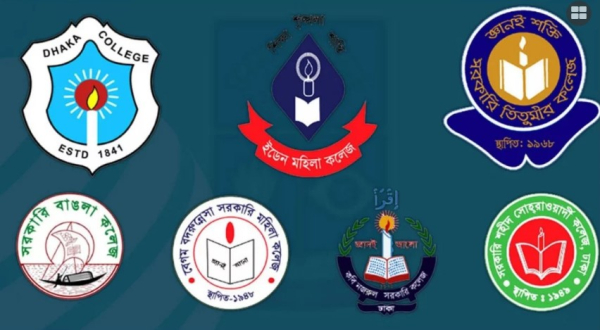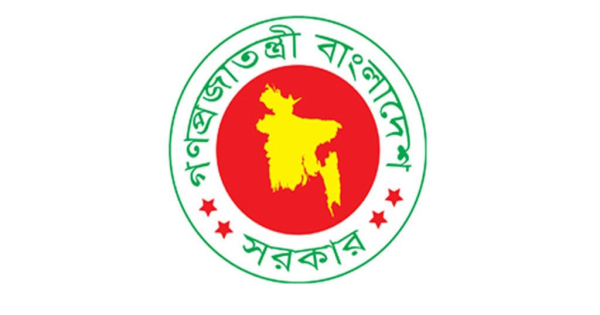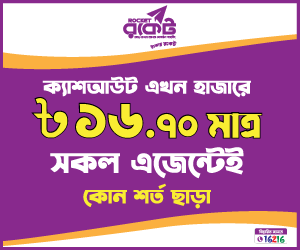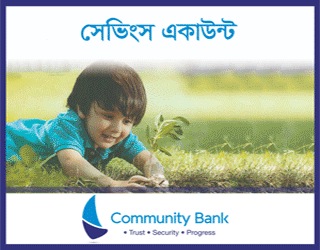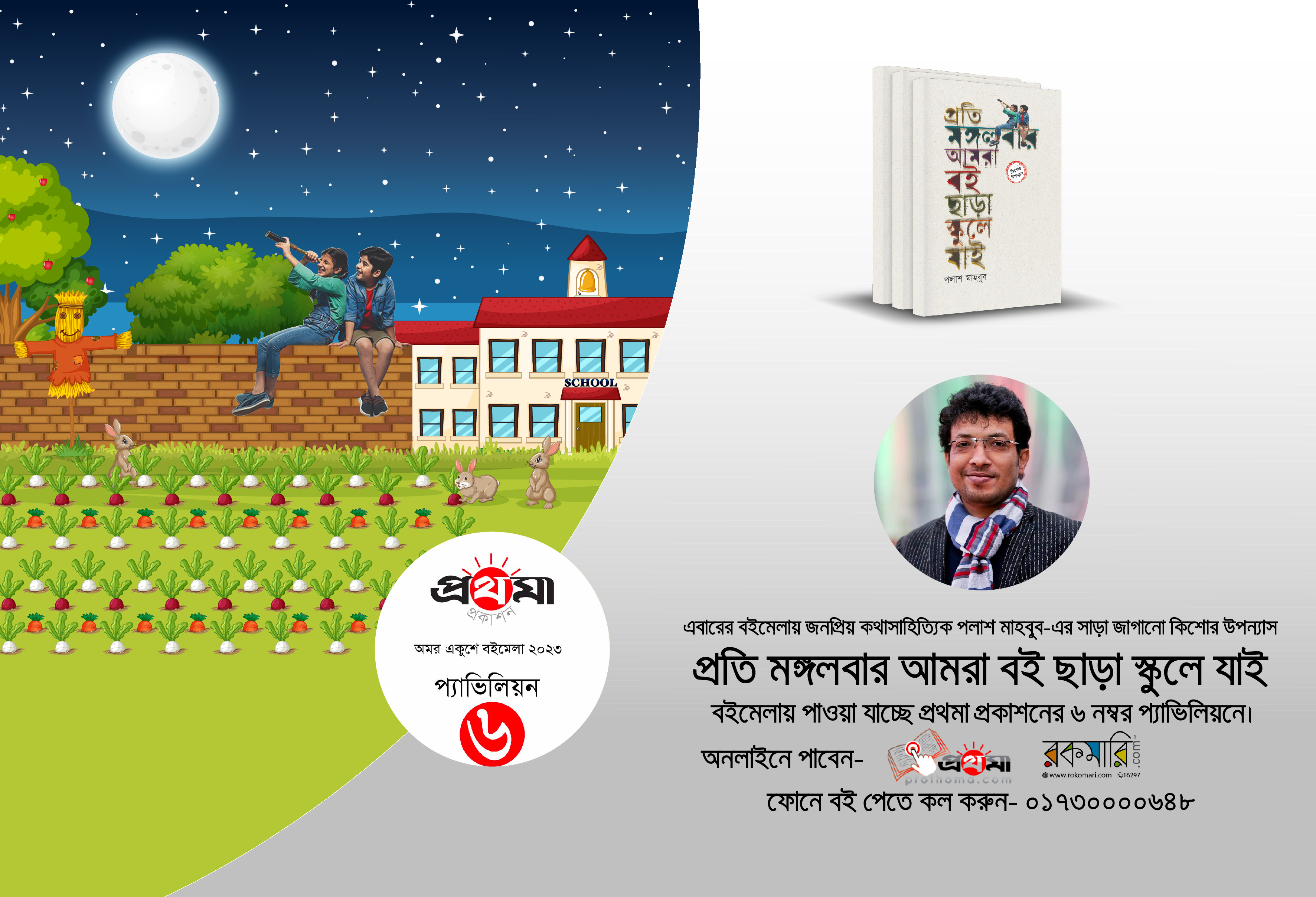Global survey
Online lies leave one in five girls fearing for their safety
Global survey
Online lies leave one in five girls fearing for their safety
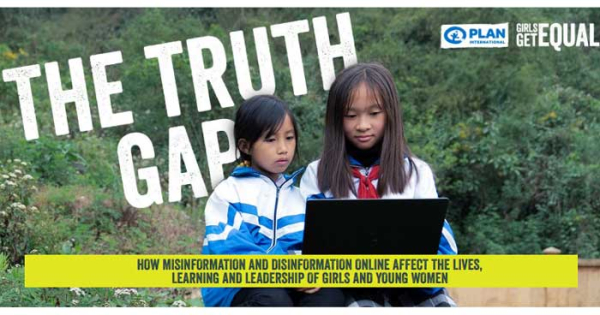 |
False information online has left one in five girls (20%) feeling physically unsafe, according to The Truth Gap, a new report by Plan International.
The research includes a landmark survey of over 26,000 girls and young women from 26 countries, which also found that exposure to lies and mistruths are having a profound impact on how they engage with issues ranging from COVID-19 to politics.
Plan International, which says the findings lay bare the ‘real life consequences’ of misinformation and disinformation on girls and young women, is calling on governments to educate children and young people in digital literacy.
One in three report that false information is affecting their mental health, leaving them feeling stressed, worried and anxious.
In-depth interviews carried out by Plan International suggest that girls are feeling unsafe because online exchanges are increasing social tensions within communities.
Others reported concerns about bogus events advertised on social media placing them at physical risk, or unreliable medical advice that could harm their health.
More than a quarter (28%) of those surveyed have been led to believe a myth or ‘fake fact’ about COVID-19, and one in four (25%) have questioned whether to get vaccinated against the virus.
One in five (19%) say mistruths are so rife that they have distrusted election results, while one in five (18%) have stopped engaging in politics or current affairs as a result.
Girls and young women from low and middle-income countries were more likely to be affected by unreliable or false information online, and twice as likely to have questioned whether to get the vaccine (31%) than those in high income countries (16%).
In the first large-scale global study to examine the gendered impact of misinformation and disinformation online, it was found that nearly nine in 10 (87%) of girls and young women think it has had a negative impact on their lives.
Globally, there was no online source that the majority of those surveyed trusted to provide reliable information.
The most trusted source was mainstream news media, selected by 48%, above educational institutions, family members and national governments.
The survey found that Facebook was the social media platform that girls believe to have the most misinformation and disinformation, selected by 65% of respondents, followed by TikTok, WhatsApp and YouTube – all at 27%.
According to Charlotte*, 23, from Wales, the abundance of false information on the internet can leave people “very, very vulnerable”.
“I think sometimes there’s that lack of accountability in the online world where people can just do things without getting repercussions,” she explains.
Bhagyashri Dengle, Executive Director of Gender Transformative Policy at Plan International said:
“The internet shapes girls’ opinions about themselves, the issues they care about and the world around them. Our research makes clear that the spread of false information online has real life consequences. It is dangerous, it affects girls’ mental health, and it’s yet another thing holding them back from engaging in public life.
“Every day, girls and young women in all their diversity are bombarded online with lies and stereotypes about their bodies, who they are and how they should behave. Images and videos are manipulated to objectify and shame them. Rumours are spread as a form of abuse. And girls have a very real fear that fake events and profiles will lure and trick them into danger offline.”
As part of its Girls Get Equal campaign, Plan International is supporting girls worldwide in calling on governments to take immediate action to increase children and young people’s digital literacy, equipping them with the knowledge and skills to identify false information and engage confidently in online spaces.
The organisation’s survey found that seven out of 10 girls and young women (67%) have never been taught how to spot misinformation or disinformation at school.
Mia, 20, from Kenya said: “We are in a world where everything is being done on the internet. We are doing everything digitally. So I think [digital literacy] should be taught in the schools from…the primary schools to secondary schools to universities. So that when we grow up, we have a better view on how to use our digital platforms.”
Dengle continued: “The truth is crucial for girls to make safe decisions and to have power and control over their lives. But right now, girls don’t know what to believe, who to trust and where to find the truth.
“We need to equip girls and all children for an increasingly digital world. That’s why we are backing girls’ calls for digital literacy to be included in their education.”
The girls’ petition can be signed at this link: https://plan-international.org/girls.../sign-girls-petition

আরও পড়ুন

জনপ্রিয়
- Harvard professor to join McWeadon-Faith Bangladesh Webinar on e-learning
- Bangladeshi-American to be first South Asian Lt Commander in NYPD
- Maria Howlader made new Chair of SAFA Women Leadership Committee
- Intl Girls in ICT Day
Virtual roundtable on Accelerating Digital Inclusion for Girls held - JMI brings first Bangladeshi-branded KN95 masks
- Professor Zahir receives `Most Outstanding Professor’ Award
- C-BED Programme Launched in Bangladesh
- Foreign ministry issues 8-pnt statement over Rohingya relocation
- Vitol’s trades cause LNG prices soaring, BD affected
- Symphony launches new Smartphone Symphony Z30 Pro



